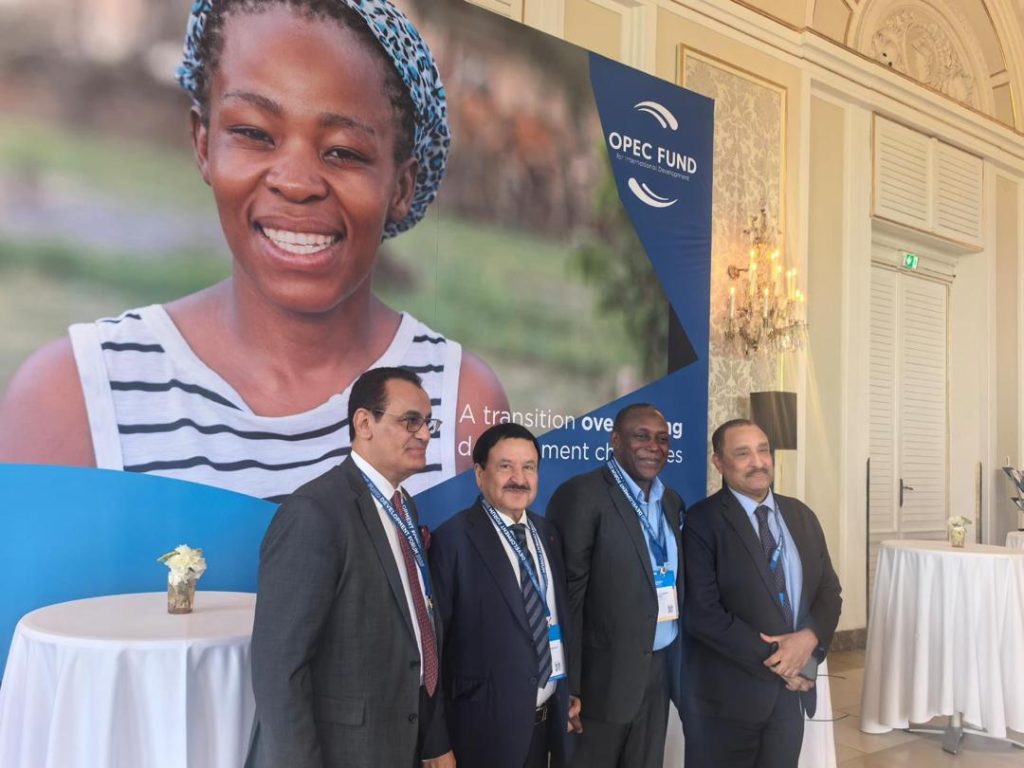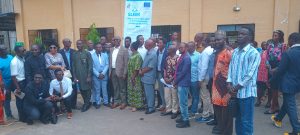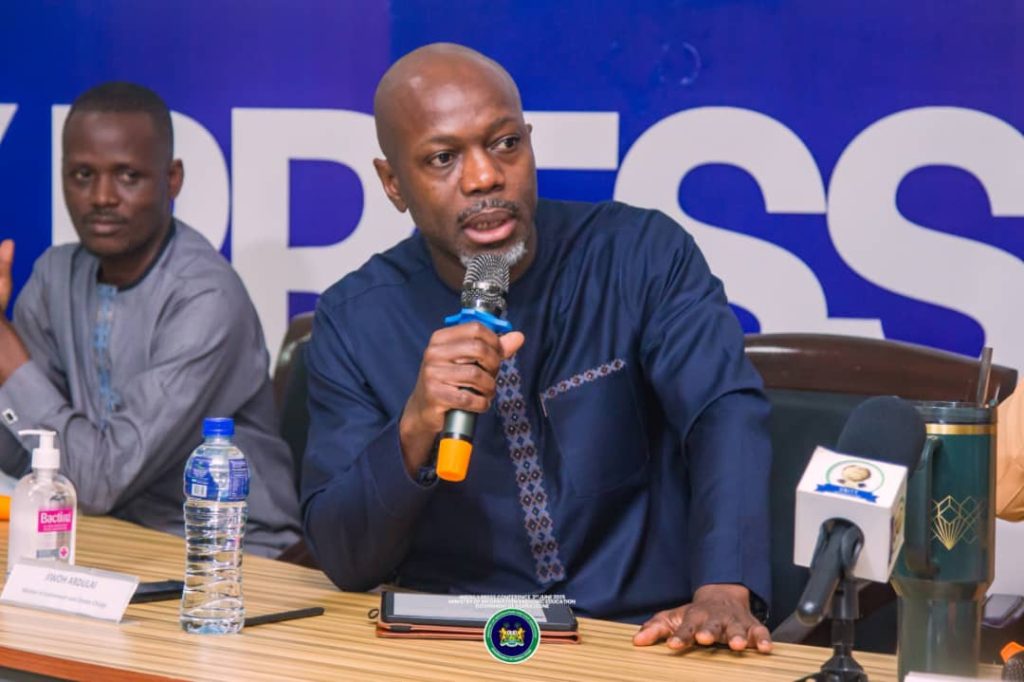Public Sector Doctors in SL Announce Potential Strike Over Fuel Allocation Issues

Public sector doctors across Sierra Leone are preparing for a potential nationwide strike beginning Wednesday, October 23, due to ongoing concerns about unresolved fuel allocations. This announcement follows a formal letter sent on October 3 by the Sierra Leone Medical and Dental Association to the Ministry of Health, indicating that they would initiate a stay-at-home protest if their demands were not met by the deadline.
The strike notice, which provides a 21-working-day warning period, has drawn attention to the critical issue of fuel supply for healthcare providers. In his remarks, Dr. Peter Mac-Jajua, the Secretary General of the association, expressed deep frustration at the lack of communication from government officials since their reminder letter. He pointed out that many doctors have been waiting for their fuel allocations for several months. Those who have received their quotas often face significant delays, with some waiting up to six months and still contending with a backlog of unfulfilled requests.
Dr. Mac-Jajua emphasized the impact of these delays on healthcare delivery, stating, “Without reliable fuel supplies, our ability to serve patients is compromised. We cannot effectively respond to emergencies or travel to provide care in remote areas.” He underscored that this situation not only affects the doctors’ work but also poses a serious risk to patient safety and overall public health.
In response, Health Minister Dr. Austin Demby has asserted that the government has provided fuel to all doctors who could be verified in the first and second quarters of the fiscal year. He indicated that they are working diligently to finalize allocations for the third quarter and expressed a commitment to improving communication with medical professionals. “We have made numerous attempts to engage with the doctors and address their concerns,” Dr. Demby stated, noting that even on the morning of the announcement, efforts were made to reach out to the association.
Dr. Demby also highlighted the serious implications of a potential strike, saying, “It would be regrettable if the industrial action goes ahead because patients will suffer. Our healthcare system is already under strain, and a strike would exacerbate existing challenges.” He acknowledged the legitimacy of the doctors’ demands but emphasized that the government faces competing financial priorities, which complicates its ability to meet those demands fully.
The doctors are advocating for their weekly fuel entitlement of 45 liters to be incorporated into their monthly salaries, arguing that this change would provide more consistent access to fuel and ultimately improve their ability to serve patients. However, the government has pushed back against this proposal, citing concerns that such an adjustment could have far-reaching implications for taxation and the compensation of other public sector workers.
As the deadline for the strike approaches, both sides are under pressure. Doctors continue to emphasize the urgency of their situation, while the government grapples with its fiscal responsibilities. The potential strike highlights the ongoing challenges within the healthcare sector in Sierra Leone, drawing attention to the critical importance of reliable resources for medical professionals and the impact of these issues on patient care.
Health experts and community leaders are now calling for constructive dialogue between the government and the medical community to resolve the situation before it escalates. They stress that a collaborative approach is essential to ensure that healthcare providers can continue to deliver quality care to the population, particularly in a time when access to medical services is more important than ever.
As tensions mount, the outcome remains uncertain, but the stakes are high for both healthcare providers and the patients who rely on their services. Stakeholders from various sectors are hopeful that a resolution can be reached, emphasizing the need for a stable healthcare environment in Sierra Leone.





